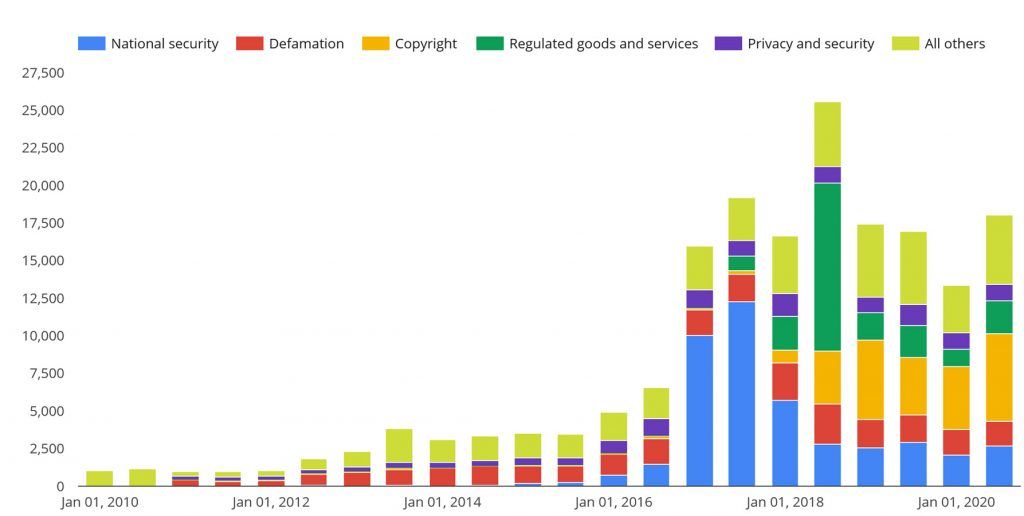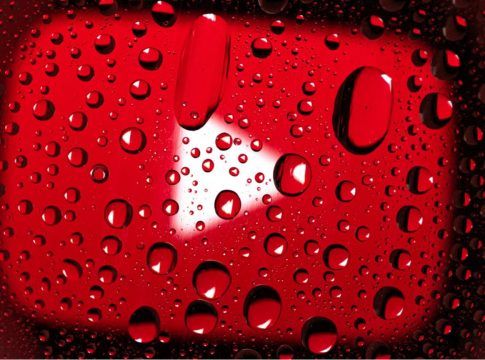Today, the Ugandan Communications Commission (UCC) has officially written to Google requesting it to block over 14 (fourteen) opposition owned Ugandan YouTube channels from their Platform. But will the government succeed?
Google receives content removal requests through a variety of avenues and from all levels of government — court orders, written requests from national and local government agencies, and requests from law enforcement professionals. 50% of the requests they receive are for YouTube video takedowns. In this case, UCC used a simple letter to submit its request. Sometimes users will forward them government removal requests, such as when someone attaches a court order showing certain content to be illegal. Some requests ask for the removal of multiple pieces of content, and, conversely, there may be multiple requests that ask for the removal of the same piece of content.
ALSO READ: UCC writes to Google, wants the following Ugandan YouTube channels blocked
Why governments request content removals
According to Google, Most governments ask them to remove or review content for many reasons. Some requests allege defamation, while others claim that content violates local laws prohibiting hate speech or adult content. In this case, UCC quoted the use of hate speech by the channels it highlighted. The laws surrounding these issues vary by country/region. According to Google, their teams assign each request a category, such as hate speech, obscenity, and defamation.
Often times, government requests target political content and government criticism. This is the gist of UCC’s request, as all the channels they want to be blocked are opposition derived and inclined to Bobi Wine to be exact. Some governments cite defamation, privacy, and even copyright laws in their attempts to remove political speech from our services. Their teams evaluate each request and review the content in context in order to determine whether or not content should be removed due to violation of local law or our content policies.

How Google evaluates requests
Google always assess the legitimacy and completeness of a government request. According to its transparency report, in order for the search giant to evaluate a request, it must be in writing, as specific as possible about the content to be removed, and clear in its explanation of how the content is illegal.
UCC has used the written form of request however, has not been clear about what content they want to be removed rather requested for the channels to be removed.
How the accused YouTube channels can survive being blocked
There are many reasons why Google may not remove content. For example, some requests might not be specific enough for them to know what the government wants them to remove. In these cases, Google asks for more information. Since UCC was not specific on the videos they wanted to be pulled down, it is likely that Google might request clarification.
Other times, they don’t take action because the content has already been removed by the content owner. This means that the owners of these channels can just remove the videos that they feel spread negative sentiments during elections. This can become a cat and mouse game that may ever end between UCC and the YouTube Channel owners. Some lawyers we spoke to say that government is better off going after the owners of these individual channels and prosecute them in the local courts of law then use that judgment as a basis for YouTube to help them block those channels. But if they leave it for YouTube to decide the fate of the channels, UCC may not win this.


